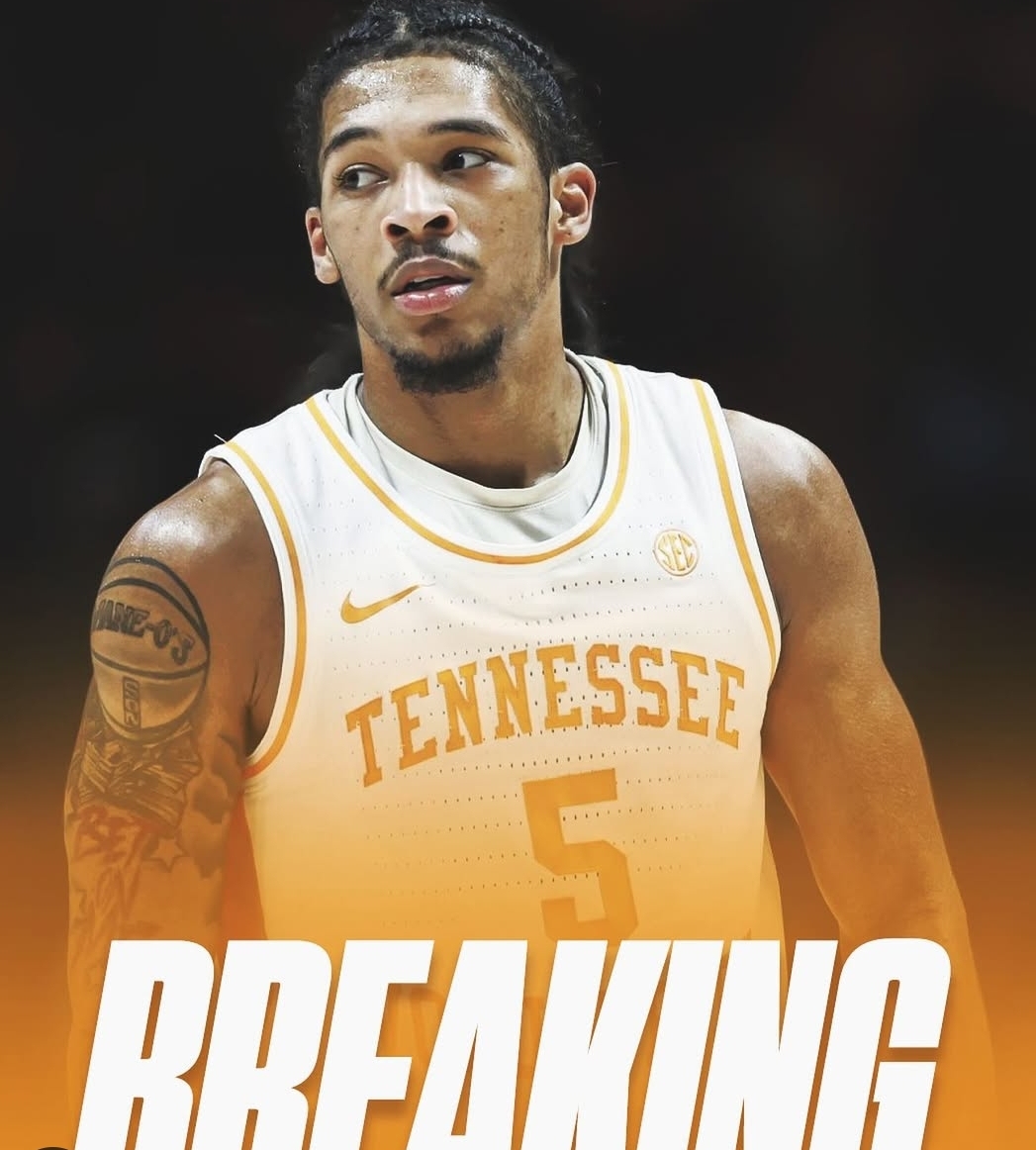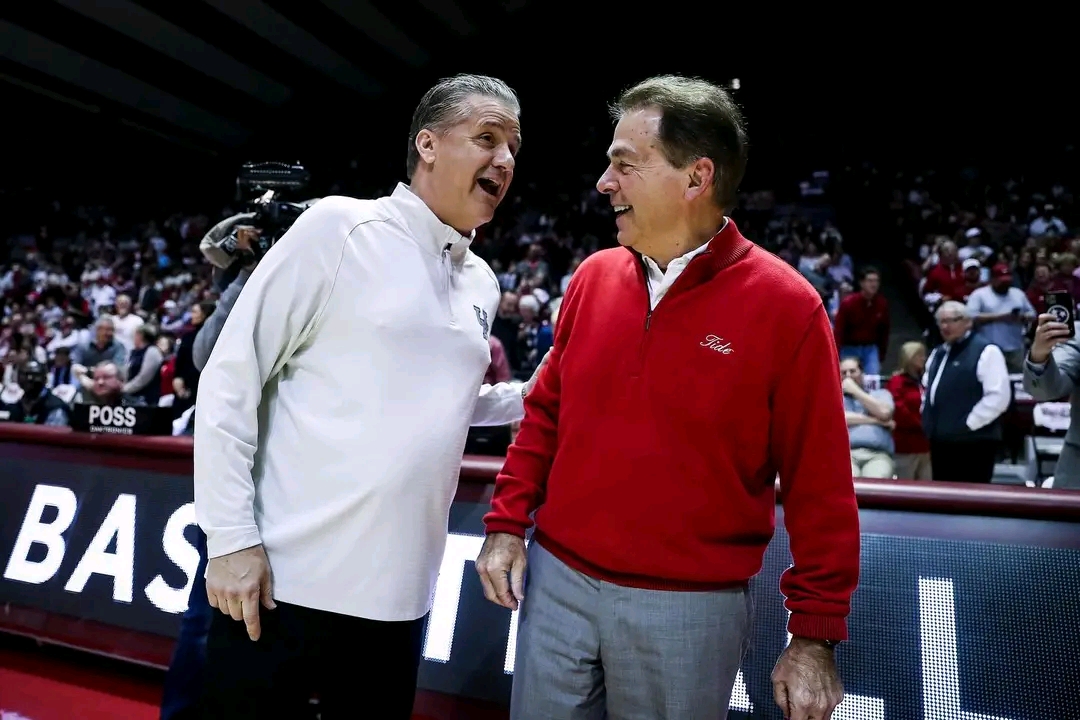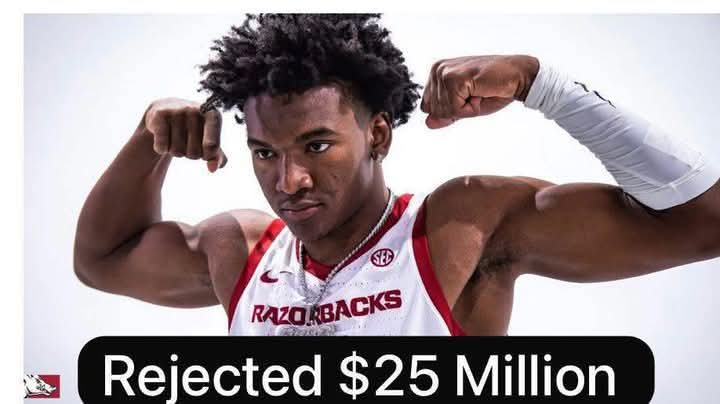Zakai Zeigler’s Legal Bid for Fifth Year of College Eligibility Rejected by NCAA
In a highly-watched legal battle between a standout college basketball player and the NCAA, Tennessee guard Zakai Zeigler has been denied a preliminary injunction in his lawsuit requesting a fifth year of collegiate eligibility. The decision, delivered in early June 2025, means that Zeigler’s playing career with the Tennessee Volunteers has officially concluded after four seasons.
The ruling stems from a lawsuit Zeigler filed in the Eastern District Court of Tennessee. The 22-year-old athlete hoped to challenge the NCAA’s long-standing rule that allows student-athletes four seasons of competition within a five-year span. Zeigler, who began playing college basketball in 2021, missed the eligibility extension granted to the 2020-21 class affected by the COVID-19 pandemic. His legal team argued that he should still be permitted to compete in the 2025-26 season, despite having exhausted the four eligible playing years allowed under current NCAA policy.
A central point of Zeigler’s case involved the financial implications of a potential fifth year. According to the lawsuit, had Zeigler been granted another season, he stood to earn an estimated $2 million to $4 million in Name, Image, and Likeness (NIL) deals. This projection came from Spyre Sports Group, the organization responsible for managing Tennessee’s NIL collective. The legal argument positioned this final season as the most financially significant for athletes due to increased exposure and performance recognition, especially in prominent conferences like the SEC.
The lawsuit emphasized the disparity between athletes who play all four years and those granted a redshirt season. Redshirting allows players to extend their eligibility to a fifth year without competing during one season, often due to injury or developmental purposes. The case argued that this extra year offers additional academic and athletic growth and—perhaps most notably—more time to capitalize on NIL opportunities. Zeigler’s legal filing noted that if he had redshirted at any point, even delaying graduation or athletic development, he could legally compete and earn NIL income in the upcoming season.
“Many players, however, do compete in the fifth year of their eligibility window,” the filing stated. “And they can earn NIL compensation for all five of those years. Had Zeigler been withheld from competing in sports during one of those four years, perhaps by redshirting, the NCAA rules would permit him to participate again next year. And this is true even if he would have slowed his academic progress and taken five years to graduate.”
Zeigler, who graduated in May with a degree in retail and merchandising management, had already completed a full four years on the court with the Vols. His performance during those years earned him accolades and attention, both athletically and financially.
In the 2024–25 season, Zeigler averaged 13.6 points, 7.4 assists, and 1.9 steals per game, while shooting 32% from three-point range. His effort earned him third-team All-American honors, along with back-to-back selections as a first-team All-SEC member and the SEC Defensive Player of the Year. The Volunteers posted a 30-8 overall record (12-6 in SEC play) and advanced to the Elite Eight of the NCAA Tournament before falling to Houston.
Beyond the season accolades, Zeigler left a legacy at Tennessee. He owns the program’s records for both single-season assists (275) and career assists (747), as well as the record for career steals with 251.
Though Zeigler’s argument leaned heavily on the financial and competitive opportunities lost due to what his team claimed was an arbitrary rule, the court did not side with him. The ruling effectively upholds the NCAA’s eligibility policy, which limits student-athletes to four seasons of competition unless granted a redshirt year or special exemption.
Zeigler’s case is distinct from a similar lawsuit filed by Vanderbilt quarterback Diego Pavia. Pavia claimed that his time at a junior college, the New Mexico Military Institute, should not count against his NCAA eligibility. The court granted Pavia an injunction in December 2024, allowing him to compete in the 2025 season. In contrast, Zeigler’s entire career took place at the NCAA Division I level, making his path to a fifth season much more complicated under existing rules.
This case also sheds light on the broader debate surrounding NCAA eligibility rules in the NIL era. College athletes, now able to earn substantial income through sponsorships and endorsements, are more incentivized than ever to maximize their time in college athletics. For players like Zeigler, a denied season doesn’t just mean one less year on the court—it could also mean missing out on millions of dollars in endorsements.
The failed legal challenge raises further questions about whether NCAA rules around eligibility are adequately keeping pace with the evolving landscape of college sports. As more players and advocates push for reforms that better reflect the financial realities of modern college athletics, Zeigler’s case may become a precedent or rallying cry for others in similar positions.
While Zeigler’s time wearing Tennessee’s orange and white is over, his efforts to change the system might still echo throughout the world of college sports. Whether or not his case brings about reforms to the NCAA’s eligibility rules remains to be seen, but for now, the court’s decision signals a firm stance on the existing framework.
As the sports world reacts to the denial, one thing is clear: the combination of legal battles, NIL income, and eligibility rules is reshaping the narrative for college athletes across the country.



